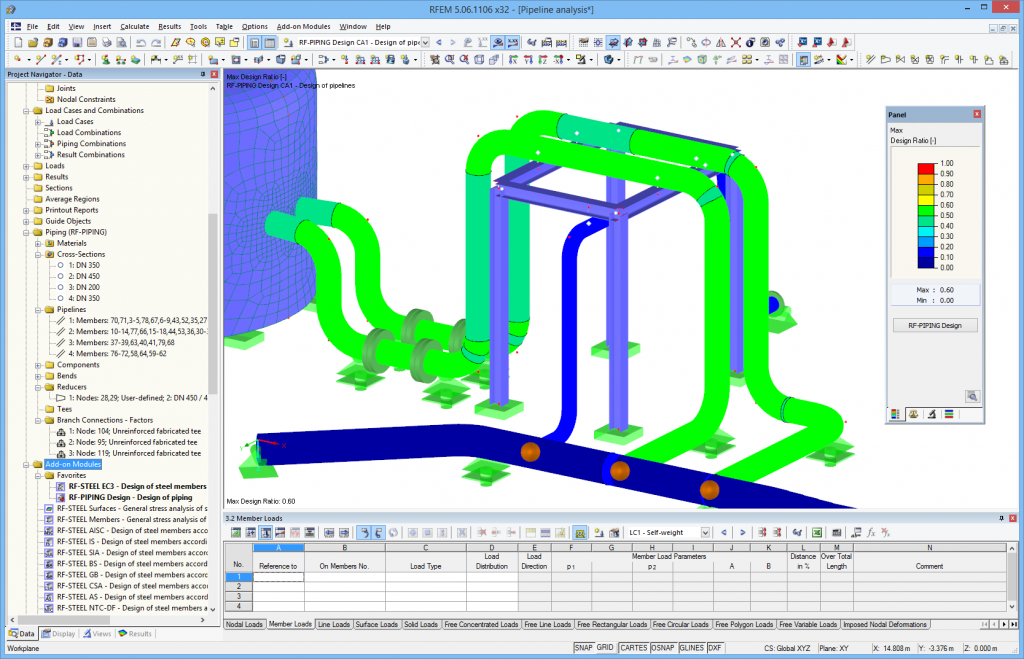IS THE PRESSURE EQUIPMENT SAFE?
OWNER - USER QA INSPECTIONS
- Engineered properly regarding health and safety, or in other words, designed and manufactured correctly.
- Applied properly regarding health and safety.
Today, Canada and the US, fortunately, have a standard set of rules for constructing and manufacturing new pressure equipment for use onshore. These rules include guidelines for evaluating the equipment to ensure that the equipment fulfills specific requirements for engineering. Before these rules have been fulfilled, the equipment cannot be traded, commercialized, or commissioned. In other words, the set of rules helps to get a standard level of safety for new pressure equipment, regardless of the country, it is used. The same set of rules has also been adopted by the various provincial authority in Canada and the USA.
- Owner’s representative direct reference to end-user, serving only one “master.”
- Process (welding, NDE, and coating) specialist surveyor–monitoring craftsmanship, better quality.
- First-hand tracking of progress–any delays can be identified early, and action initiated without delay.
- Flexible resource–man up/down according to project intensity. The quality of the entire delivery depends on numerous factors:
- Design quality.
- Specification detail.
- Communication between designer, owner, workshop, and classification body.
- Experience and attitude of the workshop.
- “Enforcement” of procedures and specifications.
HOW IS IT CHECKED THAT NEW PRESSURE EQUIPMENT FULFILS THE REQUIREMENTS?

OWNER'S REPRESENTATIVE
−Welding Inspection. Pressure and Structural Assets.
−API510 Pressure Vessels Inspections.
−API570 Piping Inspections.
−API1169 Pipeline Inspections.
−API653 Storage Tank Inspections.
−API963 Refractory Systems Inspections.
−API610, API674 for rotating systems.
−NACE Coatings Inspections.
IS THE PRESSURE EQUIPMENT SAFE?
Pressure equipment may present a large safety risk, and it is therefore important to meet the specific requirements for engineering and application.
THE AIM OF THE RULES RELATED TO PRESSURE EQUIPMENT IS TO ENSURE THAT THE EQUIPMENT IS
•Engineered in a proper manner regarding health and safety, or in other words, designed and manufactured correctly.
•Applied in a proper manner regarding health and safety.
Today,the main part of Canada and the US fortunately has a common set of rules for construction and manufacture of new pressure equipment for use onshore. These rules include guidelines for evaluation of the equipment to ensure that the equipment fulfils specific requirements for engineering. Before these rules have been fulfilled, the equipment cannot be traded, commercialised, or commissioned. In other words, the set of rules helps to get a common level of safety for new pressure equipment, regardless of the country it is used in. The same set of rules has also been adopted by the various provincial authority in Canada and the USA
HOW IS IT CHECKED THAT NEW PRESSURE EQUIPMENT FULFILS THE REQUIREMENTS?
Pressure equipment is classified in four categories (I-IV). The highest category represents the most hazardous equipment. The manufacturer of the pressure equipment handles the conformity assessment and must also take care that the equipment is rated and registered as per code.

OWNER - USER QA INSPECTIONS
Experience shows that placing a qualified owner’s representative at the construction site during the project can have a significant impact on the final success of the project. Quad is an authorized inspection and asset integrity company. We can support your QA inspectors and plant engineers with new-build and In-service inspectors and ensure your pressure equipment meet all safety regulations as per the governing authority. Our representative can act as:
•Owner’s representative direct reference to end user, serving only one “master”
•Process (welding, NDE and coating) specialist surveyor–monitoring craftsmanship, better quality
•First-hand monitoring of progress–any delays can be identified early, and action initiated without delay
•Flexible resource–man up/down according to project intensity. The quality of the entire delivery depends on numerous factors:
•Design quality
•Specification detail
•Communication between designer, owner, workshop, and classification body
•Experience and attitude of workshop
•“Enforcement” of procedures and specifications.
OWNER'S REPRESENTATIVE
Numerous consequences of poor quality in the manufacturing processes normally show after delivery and commissioning. They can result in leakages, cracks, corrosion, or excessive wear, often during operation when most inconvenient, maybe resulting in unplanned shutdown etc. at great costs to the operation. Quad has a long history of acting as an owner’s representative in all phases from design, evaluation of sup-pliers, processes, construction, installation, in-service monitoring, maintenance, and repair. Assignments can vary from participating in meetings for a few hours to surveying on site for the entire duration of the project. Quad has the skill and experience to fulfill condition inspections in all classes of pressure equipment as well as structural welding, rotating equipment, cranes, vessel, and pipe systems to evaluate the condition and extent of possible repairwork. Typical Field Inspection Activities Include:
−Welding Inspection. Pressure and Structural Assets.
−API510 Pressure Vessels Inspections.
−API570 Piping Inspections.
−API1169 Pipeline Inspections.
−API653 Storage Tank Inspections.
−API963 Refractory Systems Inspections.
−API610, API674 for rotating systems.
−NACE Coatings Inspections.
